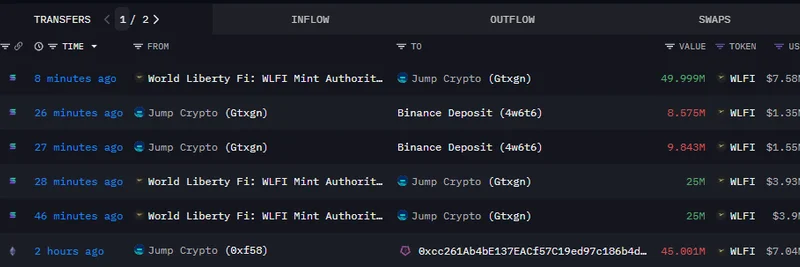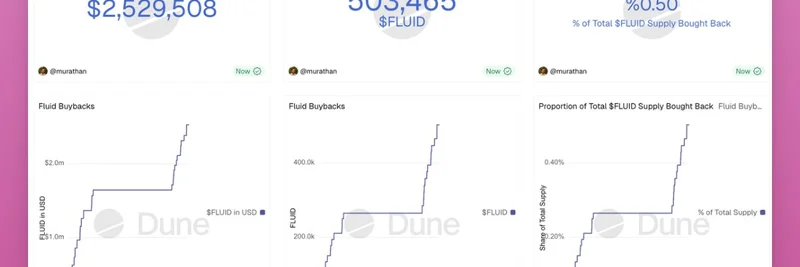In the fast-paced world of blockchain and crypto, staying ahead of regulatory shifts is key, especially when it comes to getting projects listed on major exchanges like NASDAQ. Recently, a thread from Ted Chen, founder of Carnegie Park Capital and a veteran in hedge funds and capital markets, broke down a hot topic: NASDAQ's increased scrutiny on companies "loading" crypto assets through Digital Asset Trusts (DATs). If you're into meme tokens or broader blockchain tech, this could signal changes in how projects go public without hitting major roadblocks.
Chen, who's been knee-deep in this space—sponsoring TLGY Acquisition Corp and co-founding Stablecoin X—shared his take after getting bombarded with questions about an article from The Information. The piece highlights NASDAQ's concerns over shell companies using DATs to bypass traditional rules, particularly when dealing with crypto tokens instead of cold hard cash.
Understanding DATs and the NASDAQ Drama
First off, let's clarify what a DAT is in this context. Digital Asset Trusts, or DATs, are essentially vehicles that allow crypto projects to merge with or acquire public shell companies, injecting assets like tokens to create a publicly traded entity. It's a quicker path to liquidity compared to full IPOs, and it's been popular among crypto-native ventures, including those behind stablecoins like Ethena and even meme token ecosystems looking for mainstream exposure.
Chen explains the core issue revolves around NASDAQ's "20% rule." Public companies generally need a shareholder vote if they're issuing more than 20% of their shares in a deal. However, there's a loophole: if the shares are priced at a premium to the current stock price, no vote is required. Many DATs exploit this by pricing just a penny above the last close, speeding things up for investors eager to capitalize on fleeting market opportunities.
The rub? When these PIPEs (Private Investments in Public Equity) are funded with in-kind tokens rather than cash. Tokens can be volatile—think meme coins that pump and dump overnight. NASDAQ worries that existing shareholders in these shell companies aren't getting a fair shake, especially if the token's value is debatable. Chen points to an example with $WLFI, priced at $0.20 for a deal but trading lower at $0.18, raising questions about whether the PIPE was truly at a premium or if it should've triggered a vote.
Why This Matters for Meme Tokens
Meme tokens thrive on hype, community, and quick gains, but going public via DATs could be a game-changer for legitimacy and liquidity. Imagine a viral meme coin like those inspired by pop culture or animals suddenly trading on NASDAQ. However, this scrutiny could slow that down. If your project's PIPE includes tokens (common in meme ecosystems where cash might be scarce), NASDAQ might demand a shareholder vote to validate the asset's worth. That adds time and uncertainty—two things meme token holders hate.
On the flip side, if you're raising pure cash, Chen says it's business as usual. Public offerings or registered directs under 20% of market cap can proceed without votes. For meme projects eyeing SPAC mergers (Special Purpose Acquisition Companies), there's zero impact since those always require votes anyway. Chen's own TLGYF deal with Ethena back in April 2025 was ahead of the curve, signing a letter of intent before DATs exploded in popularity.
Breaking Down the Impacts
Chen categorizes the fallout clearly:
Already Trading DATs Funded by Cash: Smooth sailing. They can keep raising via public offerings or smaller registered deals without extra hurdles.
Already Trading with Token-Funded PIPEs: Some risk of delisting if no vote happened, but Chen bets shareholders would approve retroactively—who wants a worthless shell over a crypto-powered future?
Upcoming DATs via NASDAQ Shells: Cash raises? Fine. But token contributions might scare off investors if votes become mandatory, especially for altcoins or memes with subjective valuations.
DATs via SPAC Mergers: Unaffected, as votes are built-in. This could make SPACs more attractive for meme token projects wary of regulatory snags.
He also notes that this isn't NASDAQ hating on crypto; it's about protecting shareholders from loopholes. And don't think switching to NYSE shells dodges the issue—the SEC wants uniform rules across exchanges.
Looking Ahead for Blockchain Practitioners
For those building or investing in meme tokens and blockchain tech, this is a reminder to prioritize compliance. Volatile assets like memes might face tougher questions on valuation, pushing projects toward cash raises or SPACs for stability. Chen's thread (original here) is a goldmine for understanding these nuances, drawing from his 18 years in hedge funds and special situations.
If you're a dev or trader, keep an eye on how foundations and VCs adapt. Educating yourself on these capital market plays, as Chen has been doing for crypto natives, could be the edge you need. Got questions on DATs or meme token listings? The conversation's just starting—dive in and stay informed.


